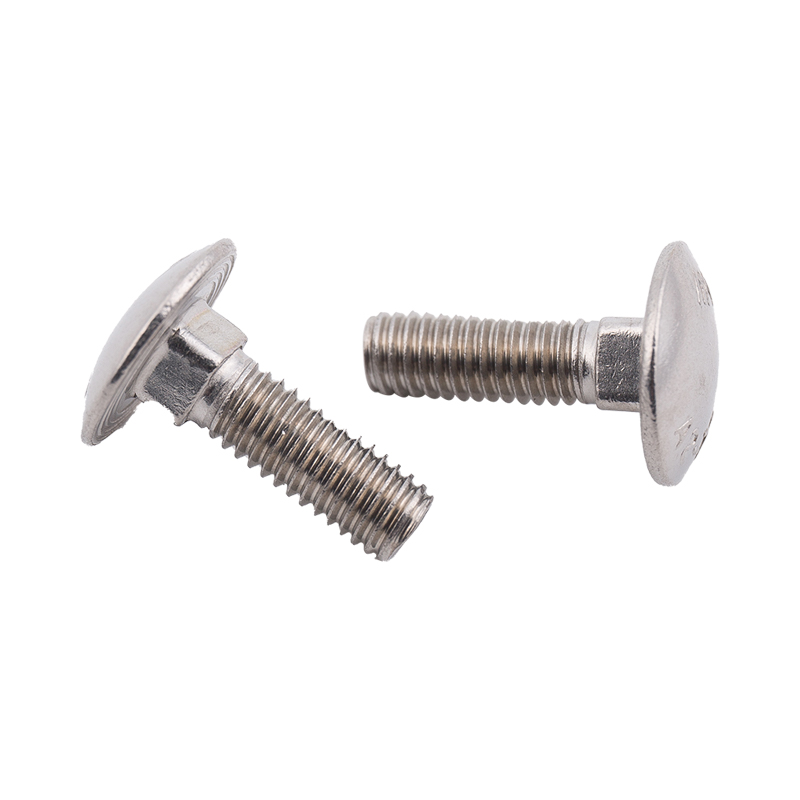-
CBB61 1.2uF/400V Black Film CapacitorsThe CBB61 1.2uF/400V capacitor features a black casing with black dielectric material, measuring 37mm × 24mm × 13mm. It includes mounting holes for se...
-
CBB61 1.5uF/400V CapacitorsThe CBB61 1.5uF/400V capacitor shares the 37mm × 24mm × 13mm black casing and black dielectric material with its 2.0uF counterpart. It also features m...
-
CBB61 2.0uF/400V CapacitorsThe CBB61 2.0uF/400V capacitor comes in a black casing with a black dielectric material, measuring 37mm × 24mm × 13mm. It includes mounting holes for ...
-
CL21 155/400V CapacitorsThe CL21 155/400V capacitor measures 22.5mm × 17.5mm × 10.3mm and is designed with a brown encapsulated casing, offering robust insulation and environ...
-
CL21 105/630V CapacitorsThe CL21 105/630V capacitor has dimensions of 22mm × 12.5mm × 7mm and features a brown encapsulated design, providing enhanced insulation and mechanic...
-
X2-104uf/305V CapacitorsThe X2-104uF/305V capacitor measures 18mm × 12mm × 11mm and features a yellow shell and yellow dielectric material, ensuring reliable insulation and l...
What are the primary applications of stainless steel bolts in construction, automotive, marine, and industrial machinery?
Industry News-Stainless steel bolts are essential fasteners used across a wide range of industries due to their high strength, corrosion resistance, and durability. Their versatility makes them a preferred choice in applications where long-term reliability is critical, especially in environments exposed to moisture, chemicals, or high mechanical stress. Understanding the primary applications of stainless steel bolts in construction, automotive, marine, and industrial machinery provides insight into why these fasteners are so widely utilized.
Content
Construction Industry Applications
In construction, stainless steel bolts are used to secure structural components and architectural elements that require both strength and corrosion resistance. Typical applications include:
- Structural steel connections: Stainless steel bolts are used to fasten beams, columns, and trusses in steel frameworks, ensuring long-lasting joint integrity.
- Facade and cladding systems: High-grade bolts prevent rust stains and maintain the aesthetic appearance of exterior building materials.
- Bridges and infrastructure: Stainless steel bolts withstand exposure to rain, humidity, and de-icing chemicals, maintaining safety and performance over decades.
- Roofing and curtain walls: Bolts provide secure attachment points for metal roofing panels, curtain walls, and glass fixtures in modern buildings.
Their ability to resist corrosion from environmental exposure makes stainless steel bolts ideal for outdoor structures and critical infrastructure.

Automotive Industry Applications
In the automotive sector, stainless steel bolts are valued for their mechanical strength, vibration resistance, and corrosion protection. Common uses include:
- Engine assembly: Bolts are used to fasten cylinder heads, manifolds, and brackets, where high temperature and vibration are common.
- Chassis and suspension components: Stainless steel bolts secure control arms, subframes, and suspension links while resisting road salt and moisture.
- Exhaust systems: Heat-resistant stainless steel bolts prevent corrosion and ensure secure attachment under fluctuating temperatures.
- Body panels and interior fixtures: Bolts resist rust and maintain both structural integrity and appearance over the vehicle’s lifespan.
By combining strength and corrosion resistance, stainless steel bolts help improve vehicle longevity and reduce maintenance requirements.
Marine Industry Applications
Marine environments are particularly harsh due to saltwater exposure, humidity, and constant mechanical stress. Stainless steel bolts are widely used in:
- Boat and ship construction: Bolts secure hull components, deck fittings, and railings, ensuring structural stability while resisting corrosion.
- Marine hardware: Fasteners attach winches, cleats, ladders, and other equipment exposed to saltwater and weather.
- Dock and pier installations: Stainless steel bolts provide long-term durability in high-moisture environments.
- Offshore platforms: Bolts withstand wave impact, vibration, and extreme weather while maintaining structural integrity.
Grades like 316 stainless steel are commonly selected in marine applications for their enhanced resistance to chloride corrosion.
Industrial Machinery Applications
In industrial machinery, stainless steel bolts are used for assembling equipment, machinery frames, and precision devices where both mechanical performance and resistance to environmental factors are important. Applications include:
- Heavy equipment assembly: Bolts secure frames, mounts, and moving components, resisting vibration and stress over prolonged operation.
- Food and pharmaceutical machinery: Stainless steel bolts meet hygiene requirements, resisting corrosion from cleaning chemicals and maintaining sterile conditions.
- Chemical processing plants: Bolts provide secure connections in environments exposed to acids, bases, and high humidity.
- Automation and robotics: Precision fasteners maintain alignment and structural integrity in machinery that operates continuously under varying loads.
The combination of strength, corrosion resistance, and chemical stability makes stainless steel bolts indispensable in demanding industrial environments.
Conclusion
Stainless steel bolts are versatile fasteners used across multiple industries due to their durability, corrosion resistance, and mechanical reliability. In construction, they secure structural and architectural components; in automotive applications, they handle high-stress, vibration-prone assemblies; in marine settings, they withstand harsh saltwater environments; and in industrial machinery, they maintain performance under chemical exposure, heavy loads, and continuous operation. Selecting the right grade, size, and type of stainless steel bolt ensures longevity, safety, and optimal performance across these demanding applications.



 русский
русский Español
Español